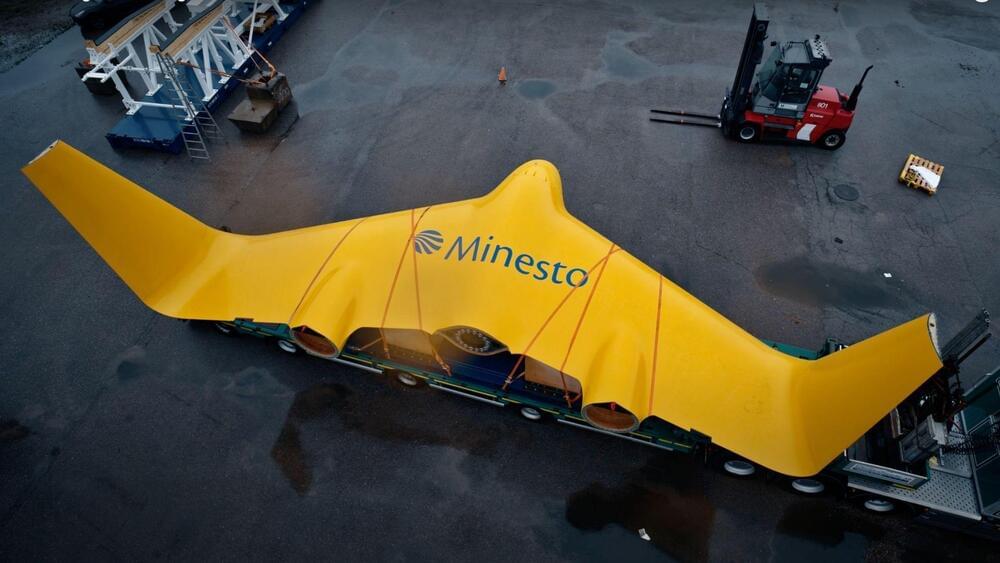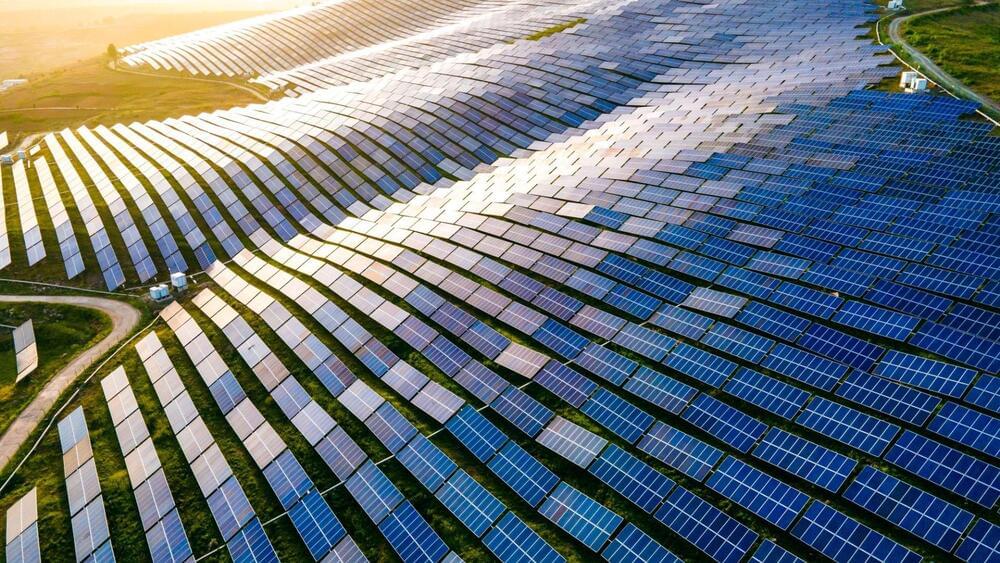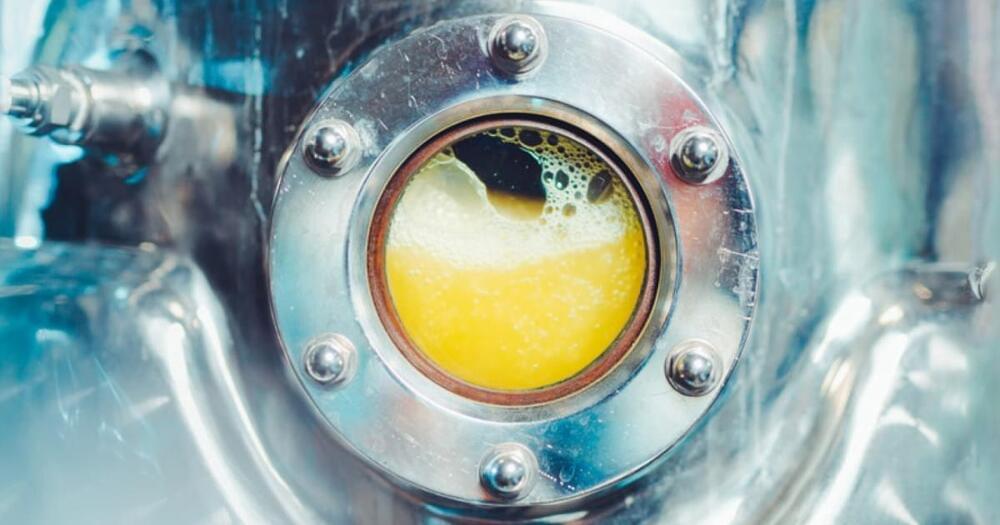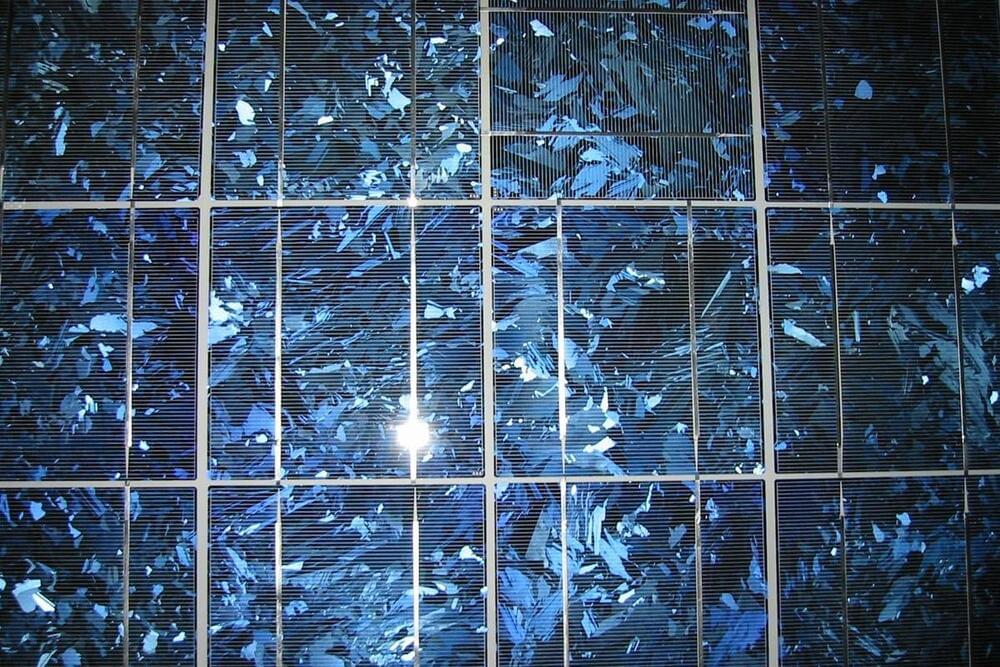Elon Musk is getting the Hollywood treatment. Variety reports that indie movie studio A24 has won the rights to adapt Walter Isaacson’s recent biography about the business magnate, with “Black Swan” and “Requiem for a Dream” director Darren Aronofsky slated to direct. There’s no official word on who’s playing Musk yet, though there’s plenty of wild suggestions online.
According to the report, studios were embroiled in “heated competition” for Isaacson’s latest book, which was released this September. The author’s last biography on a tech titan, Steve Jobs, was also adapted into a movie of the same name in 2015. Of course, the main attraction here is Musk, whose penchant for controversy is matched only by his enormous popularity.
Even so, with his calamitous takeover of X-formerly-Twitter, his questionable antics on the platform, and the epic fallout of his Starship rocket launch, Musk has somehow managed to shove himself further into the limelight this year, after a decade of building an already far-reaching image off the success of his companies SpaceX and Tesla. For better or worse, everyone now has an opinion on the guy.







